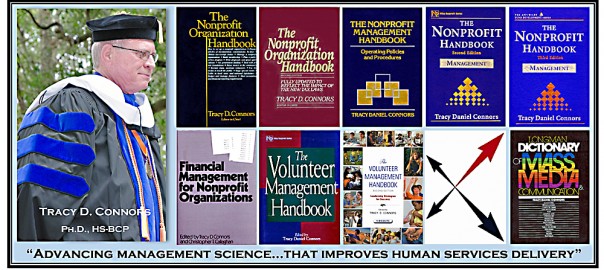Recent discussions in national media, including the WSJ, have highlighted the undeniable need by our charitable organizations to significantly improve their effectiveness, efficiency, accountability and transparency (E/EAT). Some have framed the national dialogue for improved E/EAT as a choice or trade-off by charities between embracing societal values emphasizing more economical allocation and expenditure of public funds and charitable donations, versus compromising (by reduced or inferior human services delivery) more traditional charitable values (ethos) that place a higher value on public and human services missions. Choosing “more business-like” or “commercialism” over “charity,” is seen as dangerous by some sector leaders, threatening humanistic, traditional charitable core values.
Such polarity framing represents a false dilemma.
First, “business-like” as a metaphor for effectiveness and efficiency is contradicted daily in WSJ headlines. Second, the range of promising new business model options available for nonprofits is steadily growing. In fact, many nonprofits are developing and using new (hybrid) business models, adapted (not adopted) from both for-profit and public enterprises, offering improved E/EAT without abandoning traditional charitable values. Further, such models provide the additional flexibility needed to deal with the complexities of today’s VUCA (volatile, uncertain, complex and ambiguous) environments.
Clearly, E/EAT pressures will continue as “society” asserts primacy for the “economy” core value. In any values conflict between society and organizations such as public charities allowed to operate within its physical or economic borders, society will ultimately prevail.
America’s charities can wait to be forced into various modes of compliance based on external pressures, e.g., regulations or stipulations placed on resources; or, opt for self-directed, values-driven, internal compliance, e.g., adapting and using new business models improving E/EAT, while retaining essential organizational ethos. Such models will also reinforce another traditional charitable core value: excellence, sustained superior performance directed at public service mission fulfillment. Nonprofits can resolve potential conflict, fulfill their societal social contracts, and retain their essential ethos, by adapting and using those business models and strategies from all sectors that foster their continuing pursuit of excellence.
National media coverage of new emerging NPO business models leading to excellence represents its own significant contribution to improving charitable E/EAT, and our national quality of life.

